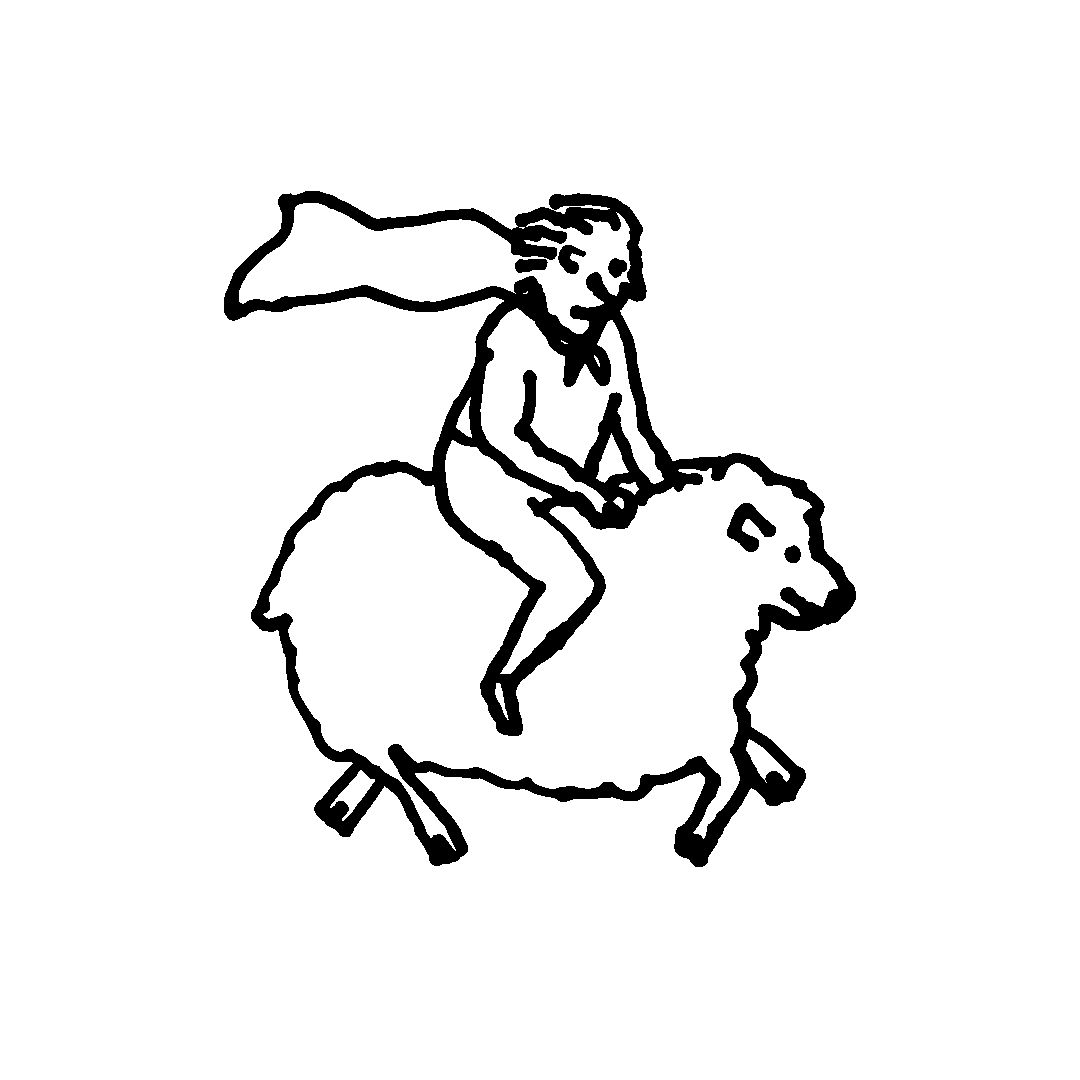Our Merino wool is sourced exclusively from New Zealand farms at the forefront of the regenerative farming movement. Hand-selected ultra-fine Merino fleeces are spun in Italy into 100% biodegradable, chlorine-free, Eternity X-Care® Merino yarn. For yarn that feels softer than cashmere to the touch. With performance that regulates body temperature, keeps you fresh and is ultra-durable. In short. Not just any wool.
Not all wool is
created equal.
Regenerative wool
About Eternity X-Care® Treatment
The Eternity X-Care® yarn treatment is the first machine washable wool yarn that uses no hazardous chemicals. Certificates include ISO 9001, 14001 and 50001, bluesign©, GOTS, IVN Best and Oekotex 100 & ZDHC (Zero Discharge of Hazardous Chemicals).
Preparing the wool.

Scouring
We scour our wool (clean of dirt) in the first B-Corp textile factory in Italy. The production plant is fitted with 2,885 photovoltaic panels in order to lower energy consumption and CO2 emissions. With an internal R&D department entirely dedicated to sustainable innovation.

Spinning
We spin our wool in Italy and Bulgaria with our yarn mill partners Südwolle, using the latest sustainable material innovations. And using advanced water filtration processes that ensures cleaner water exits the yarn mill than enters.
Technically brilliant
Merino wool is nature's technical fibre. Made even smarter by our innovative yarn treatments. With key benefits below.
Temperature regulating
In contrast to synthetics, Merino wool is an active fibre that reacts to changes in body temperature. So it helps you stay warm when the weather is cold, and cool when the weather is hot.
Odour resistant
Unlike synthetic fibres, Merino wool can absorb moisture vapour which means less sweat on your body. Merino wool even absorbs the odour molecules from sweat, which means the knits never smell.
Stain resistant
Merino wool fibres have a natural protective outer layer that helps prevent stains from being absorbed. And because Merino wool tends not to generate static, it attracts less dust and lint.
Wrinkle resistant
At microscopic level, each Merino wool fibre is like a coiled spring that returns to its natural shape after being bent. This gives Merino wool garments a natural resistance to wrinkles.
Hypoallergenic
Merino wool does miracles for those sensitive skin. Research shows that wearing Merino wool reduces adult and infant eczema symptoms impressively compared to other fabrics. With the hypoallergenic fiber treating your skin softly and with great care.
Why we source from
New Zealand.
Farming has a huge impact on the environment. So when we started looking for our wool provider, we endeavoured to find the highest quality with the lowest impact. And a few select Sheep Stations in New Zealand became the answer.
For quality reasons, the fibres we source are unique to regions like the South Island of New Zealand. This is due to the high degree of climate variety. Harsh winters and hot summers means the sheep have an evolved fibre that is very good at temperature regulating. This wool quality simply isn’t available in EU or UK due to the more temperate climate.
And, as counter intuitive as it sounds, it is more sustainable to source wool from the farms we do in New Zealand. Even if you take transport into account. The New Zealand farms we source from adopt innovative land management practices. Meaning they sequester far more CO2 per kg of wool than an average UK/EU equivalent farm. And when you transport everything by ocean like we do, the impact of transport only makes up a relatively small part of the footprint. And is more than mitigated (more than 10x more CO2 sequestered) by the positive impact on farm.
This doesn't mean we're satisfied. Every day we are looking for more ways to further minimise our impact
Caring for Merino.
Merino wool can look after itself. It’s spent a good few evolutionary cycles learning how. This means your knitwear will resist stains, wrinkles and odours. From time to time it may need to take a breather for an hour or so. Hang it up outside. Or lay it down flat on your bed. Then in no time it will feel good as new.
A history of Merino wool
Merino sheep were bred in Spain and were highly prized for their fine wool — in fact all Merino sheep were under care of the Royal family and given as highly exclusive gifts. And if Merino sheep were bred or shared without royal approval, it was punishable by death.
In 1797, the first Merino sheep, derived from the famed Royal Merino Flocks of Spain, were introduced into Australia. Although these sheep had already evolved a fine fibre, further selective breeding by Australian farmers soon produced an even finer wool that eventually travelled to New Zealand, where careful breeding further evolved the fineness and the performance of the fibre.



